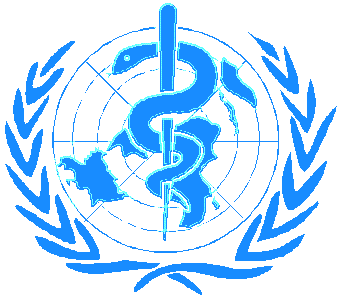 
|
AIR AND
HEALTH
Epidemiology
|
Epidemiology is the study of the
distribution and the determinants of health-related states and
events in populations, and the application of this study to
control of health problems. Epidemiological methods have been
widely used to generate and test hypotheses on cause-effect
relationships and to evaluate interventions.
There are four main types of
epidemiological studies:
Ecological studies, also called
correlational studies. These studies consider populations or
groups of people and not individuals. An example would be
studying mortality in a city compared to air pollution levels.
Such studies have been performed and can demonstrate some
relationship between an increased air pollution and an increase
in mortality rate in a city.
Conclusions are very difficult to draw as
there are many confounding factors which are not known.
Cross-sectional studies, also called
prevalence studies. These studies measure at a given time in a
well-identified population the effect of one factor which can
vary. The famous study among British doctors showing the close
relationship between lung cancer and smoking is the most
illustrative of cross-sectional studies.
Case-control studies: they study a
group of people suffering from a given disease and compare this
group to a reference group, as similar as possible to the studied
group. Research tries to identify the possible cause for the
disease. It is through studies of this type that one tries to
identify the reasons behind the increased number of asthma cases
among Western European populations.
Cohort studies: a group of people
free of a given disease which is being investigated is selected.
Exposure to the factor and disease rates which are being studied
is measured during "follow-up" as in the subsequent
development of the disease. These studies are very long and often
expensive.
Simultaneous to these epidemiological
studies, which study human beings, the scientist can study the
effects of one or more pollutants on laboratory animals or
bacteria. This is the major scope of toxicology.
Adapted from
Basic Epidemiology


Document Actions
Share with others